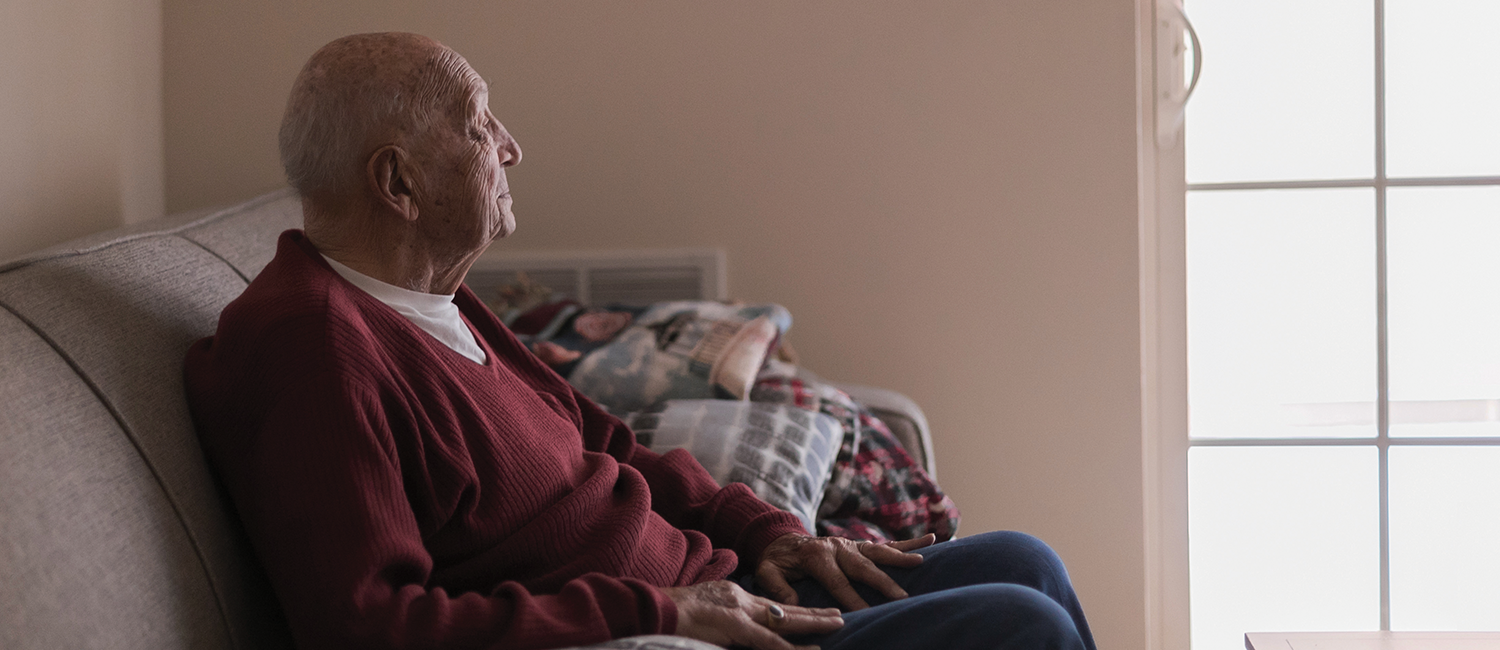
Social isolation and loneliness in older adults
Researchers are trying to shed more light on an often-overlooked aspect of life for older adults.
Colleen Galambos, a professor of social work at the Helen Bader School of Social Welfare, is studying the health and medical impacts of social isolation and loneliness on adults 50 and older.
Galambos is part of a prestigious National Academies of Sciences, Engineering and Medicine committee, which is paying particular attention to how those factors affect low-income, underserved and vulnerable populations.

Galambos joined UWM in 2018 as the Helen Bader endowed chair in applied gerontology. Her extensive research accomplishments include several projects aimed at improving long-term care, which have been backed by more than $40 million in grants from federal agencies. The National Institutes of Health, the Centers for Medicare and Medicaid, and the Agency for Healthcare Research and Quality are among the agencies supporting her work.
As the population ages, social isolation and loneliness are growing social and public health concerns. Social isolation is an absence of social interactions, contacts and social relationships. Loneliness is a subjective assessment that one’s social relationships are lacking. In other words, lonely people believe that they lack companionship and feel left out.
This distressed feeling of being alone or separated can have a detrimental impact on one’s health. “There are diseases and conditions where there’s a link,” Galambos says.
Social isolation and loneliness can lead to physical, cognitive and emotional health problems. Specifically, people who are isolated and lonely have increased risks of stroke, heart disease, cognitive decline and depression. Social isolation and loneliness increase the risk of neglect, and physical and mental abuse later in life.
The National Academies committee is charged with issuing recommendations that could help health care professionals identify and prevent social isolation and loneliness in patients. In particular, the committee will provide recommendations for how health care systems might identify, prevent and intervene in clinical settings. The final report is expected to be released by spring 2020.
“We know that if we can deal with this whole issue of social isolation and loneliness,” Galambos says, “perhaps we can help people live longer and have a better quality of life.”